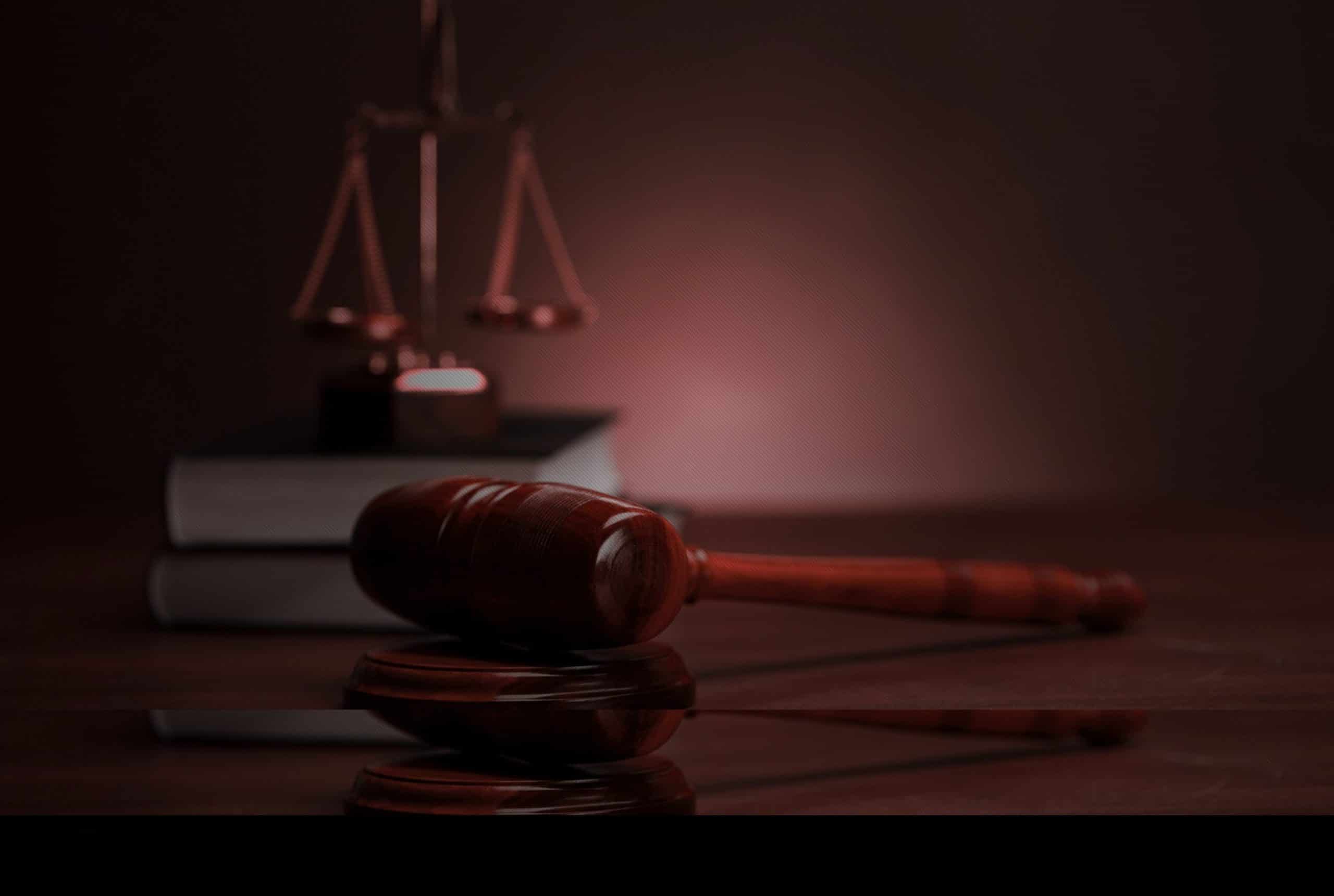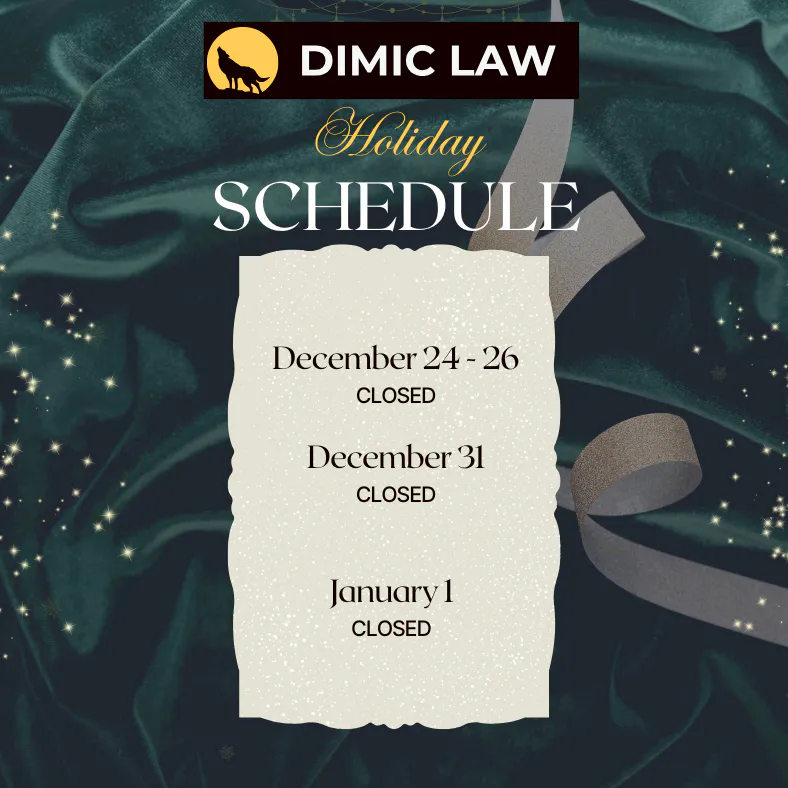
Defective products
Nearly 90 years ago, the case of Donoghue v Stevenson was a landmark decision in English tort law that laid the foundation of the modern law of negligence, establishing general principles of the duty of care.
The case involved Mrs. Donoghue drinking a bottle of ginger beer from a café that contained a dead snail in the bottle. She fell ill and sued the ginger beer manufacturer. The House of Lords held that the manufacturer owed a duty of care to her, which was breached, because it was reasonably foreseeable that failure to ensure the product’s safety would lead to harm to consumers. There was also a sufficiently proximate relationship between consumers and product manufacturers. The decision created a new type of lability in law not dependent upon previously recognized categories of tortious claims.
Today, the Canada Consumer Product Safety Act, has requirements for manufacturers, sellers and importers to report incidents of injury caused by products to Health Canada.
Products that prove defective can be both domestic and imported and come from a variety of choices such as children’s toys, food products and other consumer goods , medication, construction and energy equipment, motor vehicles and other recreational and sporting equipment.
There are three main types of negligence establishing tort liability for damages or injuries caused by defective products:
- negligent manufacture;
- negligent design; and
- failure to warn.
To prove negligence, the plaintiff must plead and establish the following elements:
(a) the product was defective in that it posed an unreasonable danger or risk of harm to person or property when foreseeably used;
(b) the defendant owed a duty of care to the plaintiff with respect to the product;
(c) the defendant was negligent in failing to meet the applicable standard of care;
(d) the defendant’s breach of the standard of care caused or contributed to the defect;
(e) the defect caused or contributed to the plaintiff’s damages; and
(f) the plaintiff’s damages were reasonably foreseeable
Let us PROTECT YOU from any further headaches related to defective products in your long-term possession or recently obtained. We will FURTHER YOUR INTERESTS by assessing the situation and whether an action in tort is warranted.
If you have questions about your particular situation, please contact one of our personal injury lawyers today
Legal Problem? Better Call Steve

